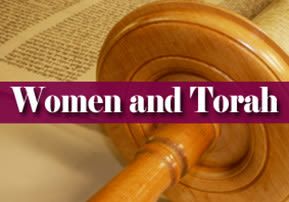
Women and Torah
The role of women in society is changing; women ask, "What is my place in Torah? Are there limits to what I can study?" The Lubavitcher Rebbe answers…

The role of women in society is changing and now, more than ever, women are asking, “What is my place in Torah?”, “Are there limits to the Torah subjects I should study?” The Lubavitcher Rebbe addresses himself to these questions, drawing on eternally relevant Torah principles and applying them within the context of contemporary life.
When G-d told Moshe to prepare the Jews to receive the Torah, He commanded him, “This is what you shall say to the House of Yaakov and speak to the children of Israel.” (1) Our Sages explain that the “House of Yaakov” refers to Jewish women, and “the children of Israel,” to the men; (2) i.e., G-d told Moshe to approach the women first.
This order implies a sense of priority. For Torah to be perpetuated among the Jewish people, precedence must be given to Jewish women. Giving such prominence to women may appear questionable in view of several traditional attitudes. Those attitudes, however, are narrow and restrictive when judged by the objective standard of Torah law and certainly may be considered so within the context of the application of these standards to contemporary society.
Torah law requires a woman to study all the laws and concepts necessary to observe the mitzvot which she is obligated to fulfill. (3) This encompasses a vast scope of knowledge, including the laws of Shabbat, Kashrut, Taharat Mishpachah, and many other areas of Jewish law. Indeed, many men would be happy if their Torah knowledge would be as complete.
Women Must be Conscious of the Mystic Dimension of Judaism
Also, among the subjects which a woman must know is pimiyut HaTorah, Torah’s mystic dimension. A woman is obligated to fulfill the mitzvot of knowing G-d, loving Him, fearing Him, and the like. Indeed, the obligation to fulfill these mitzvot is constant, incumbent upon us every moment of the day. (4) The fulfillment of these mitzvot is dependent on the knowledge of spiritual concepts as implied by the verse, “Know the G-d of your fathers and serve Him with a full heart.” (5) The study of pnimiyut HaTorah is necessary to achieve this knowledge.
Throughout the generations, we have seen women with immense Torah knowledge. The Talmud mentions Bruriah, the daughter of Rabbi Chaninah ben Tradyon and the wife of Rabbi Meir. (6) Throughout the Middle Ages, we find records of many women who corrected their husbands’ Torah texts. (7) In his memoirs, the previous Rebbe describes how the Alter Rebbe’s family put a special emphasis on women’s Torah knowledge and the previous Rebbe educated his own daughters in this spirit.
A Change for the Better in the Present Age
The last generations have witnessed an increase in Jewish women’s Torah study and special schools and institutions were founded for this purpose. Previously, influenced by the principle, “All the glory of the king’s daughter is within,” (8) women would be educated by their parents and grandparents at home. As sociological conditions changed and girls left the home environment, schools were established for them.
A similar concept applies regarding the subject matter studied by women. Initially, on the whole, women were not exposed to those aspects of Torah study which were not related to their actual performance of the mitzvoT. At present, however, the sphere of subjects women study has been expanded and includes even abstract concepts that have no immediate application. (9)
This is also a result of sociological influences. Within the context of our society, women are required to function on a more sophisticated level than ever before, occupying professional positions that require higher knowledge. (10) To prepare themselves for such activities, they should develop their thinking processes in Torah, training themselves to think on an advanced level within the framework of Torah. This will set the tone for their behavior in the world at large.
Sharing One’s Knowledge With Others
Women are characterized by warmth and a tendency to give. It can be assumed that this will prompt them to share the new knowledge they attain with others, in particular, with the members of their families. The Book of Psalms (11) refers to a woman as akeret habayit, a term which can be interpreted, “the mainstay of the house.” The woman determines the nature of the home environment and the encouragement she gives is crucial in motivating her husband and children to study.
One of the most important dimensions of chinuch (education) is the development of a personal connection with the subject matter. This is stimulated by the love and positive feeling generated by the teacher. Women have greater natural gifts for this approach. Thus, though a father makes an important contribution to a child’s education, his efforts lie primarily in testing the child’s knowledge. In contrast, a mother discusses the subjects her children are learning with them and brings out the dimension which is relevant to their lives. Furthermore, women are at home with a child much more frequently and are more attuned to his day to day feelings. This makes them more capable of communicating the concept in terms which a child can relate to.
When relating the mitzvah to educate our children, our Sages (12) used the expression, l’hazhir, also related to word “shining.” Through educating children, one’s own knowledge increases to the point where one shines. Thus, the concepts mentioned above should stimulate a cycle of growth. The increase in women’s Torah knowledge should bring about an increase in their efforts to educate others which, in turn, will bring about a greater increase in their own knowledge.
A Messianic Dimension
The Rabbis explain that just as it is a mitzvah to taste the food to be served on Shabbat on Friday, (13) at present, in the era directly before the coming of the Mashiach, it is a mitzvah to enjoy a foretaste of the revelations of that age. The Messianic age will be characterized by an abundance of knowledge, “The occupation of the entire world will be solely to know G-d. The Jews will be great sages and know hidden matters.” (14) Therefore, the present age should also be characterized by increased knowledge.
In practice, women should add to their Torah study. In particular, they should focus their attention on the Aggadic aspects of Torah study as collected in the text Ayn Yaakov, since our Sages have noted the powerful impact this study has on one’s spiritual emotions. Similarly, they should increase their activities to educate others.
These activities will bring about change in the world at large. “Due to the merit of righteous women, our ancestors were redeemed from Egypt.” (15) Similarly, the merit of today’s women who raise and educate a generation of children prepared to greet Mashiach will prepare the world for the age when, “the world will be filled with the knowledge of G-d as the waters cover the ocean bed.” (16)
Notes:
1. Shemos 19:3.
2. Mechilta, quoted by Rashi in his commentary to the above verse.
3. Shulchan Aruch HaRav, Hilchos Talmud Torah 1:14.
4. See the introductory letter to Sefer HaChinuch.
5. I Chronicles 28:9.
6. Pesachim 62b.
7. Letters of the Previous Rebbe, Vol. 5, p. 336.
8. Psalms 45:14.
9. Sotah 20a relates that women should not study the oral law. As explained above, however, the change in a woman’s place in society necessitates a change in this perspective as well. Women who are exposed to the sophistication of contemporary society should prepare themselves for such involvement by developing their thinking processes within Torah, studying not only the practical application, but also the motivating purposes, for mitzvot.
10. There is another positive dimension that results from these sociological changes. Since women are earning money themselves, they should also take a greater role in charitable activities, donating a tenth and preferably a fifth of their income to charity and inviting more guests to their homes.
11. 113:9.
12. Rashi, Emor 21:1.
13. Shulchan Aruch HaRav 250:8.
14. Mishneh Torah, Hilchos Torah 12:5.
15. Sotah 11b.
16. Yeshayahu 11:9, See the conclusion of the Mishneh Torah.
***
Reprinted from “Sichos in English”, with the kind permission of www.sichosinenglish.org.


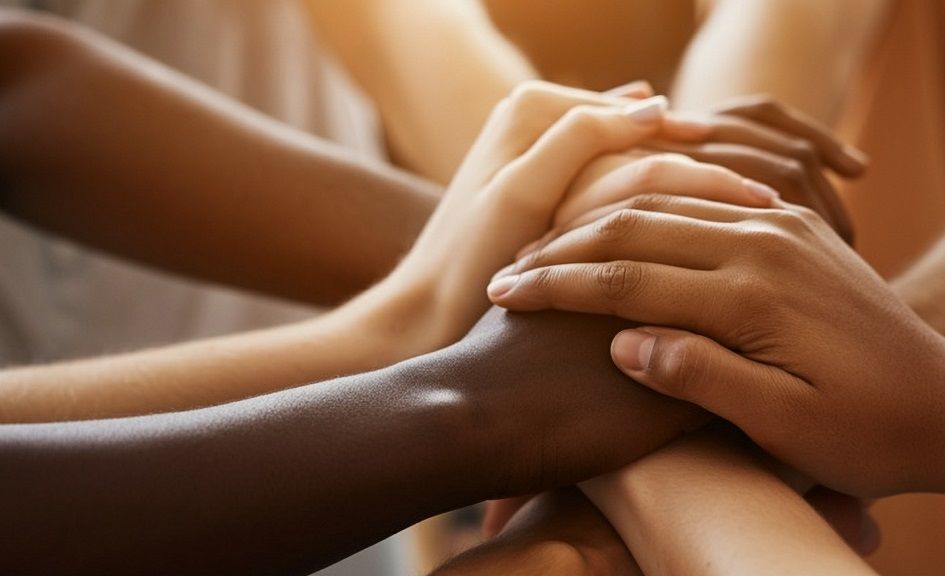

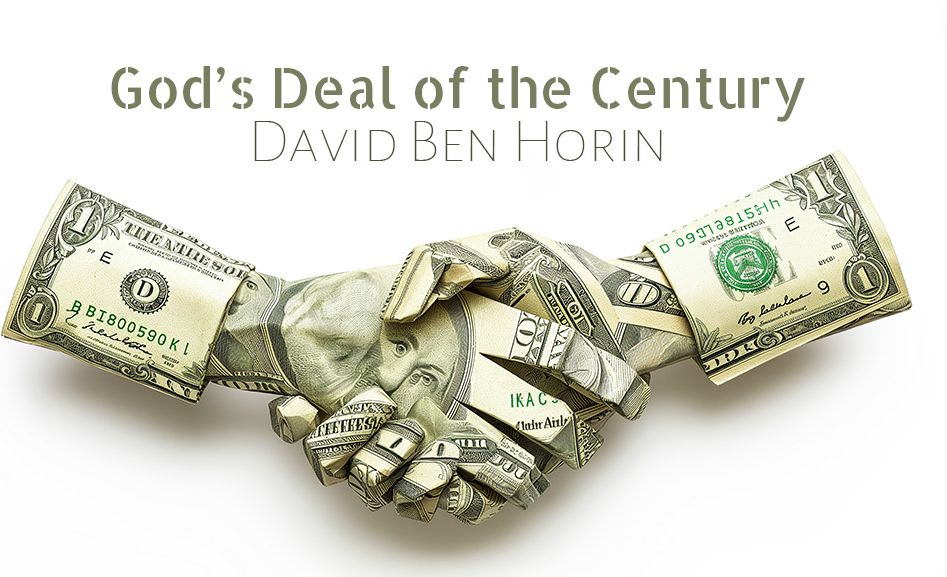
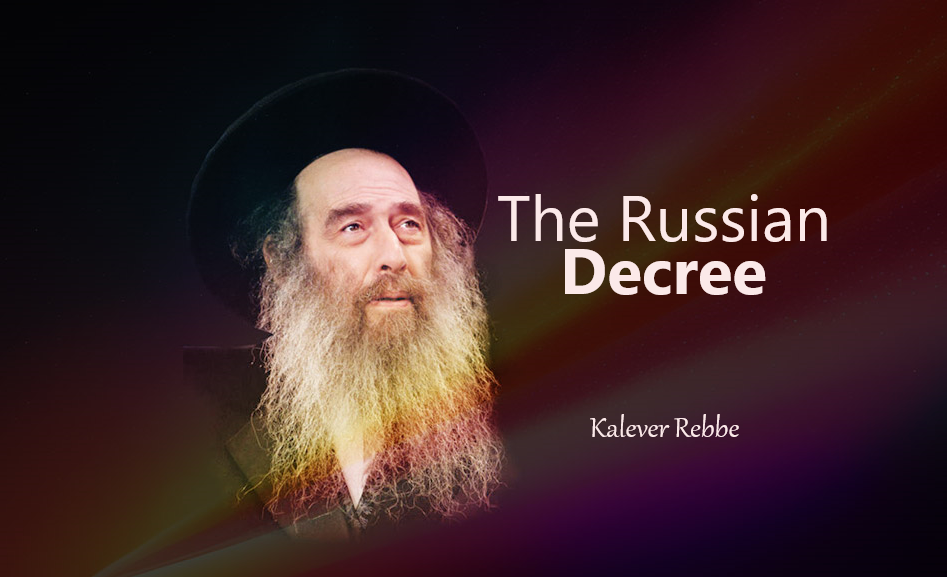
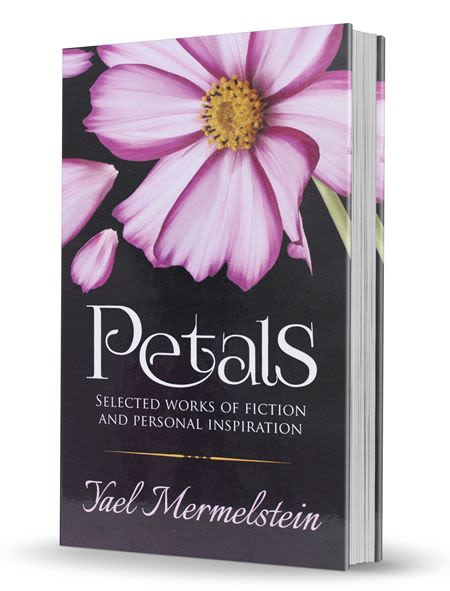
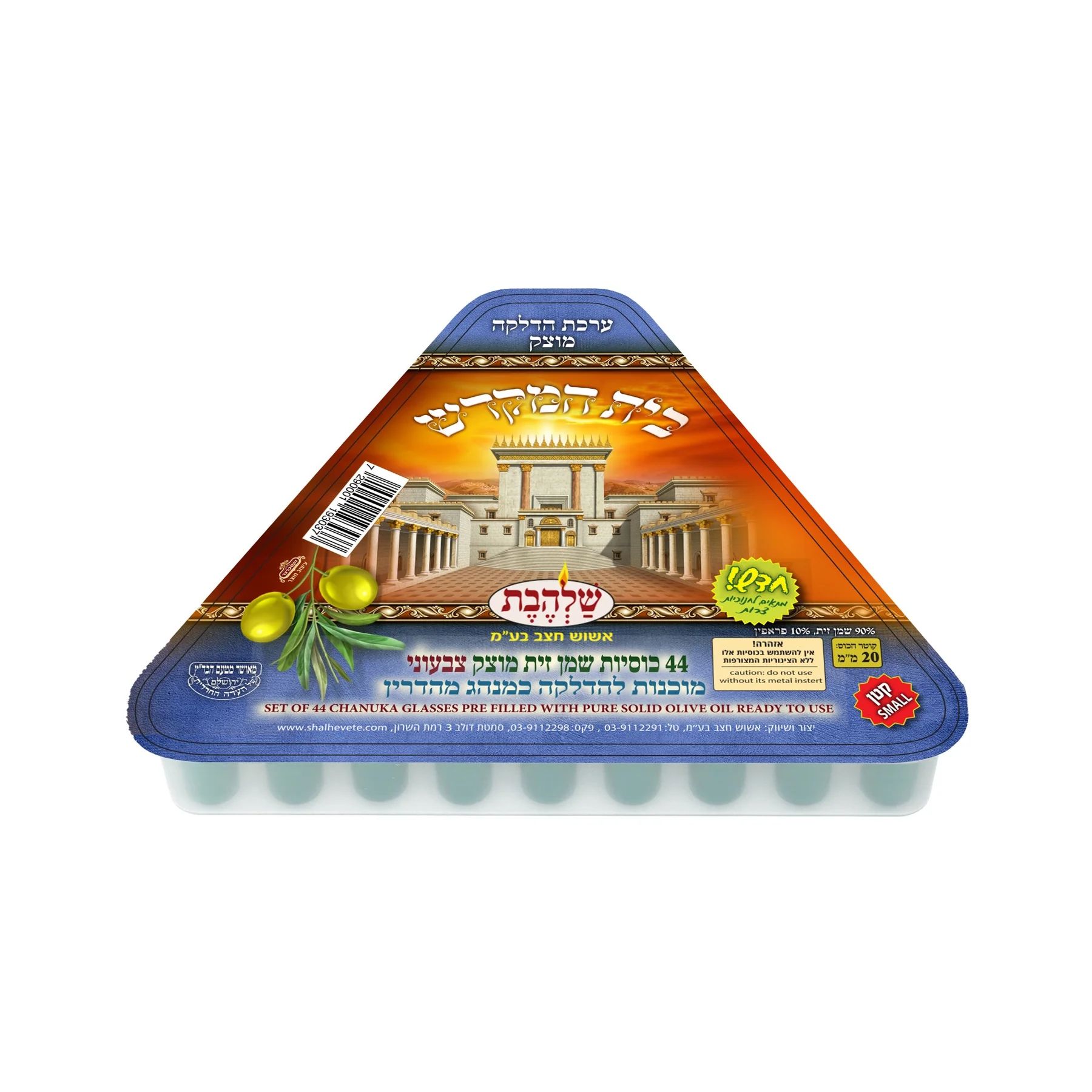

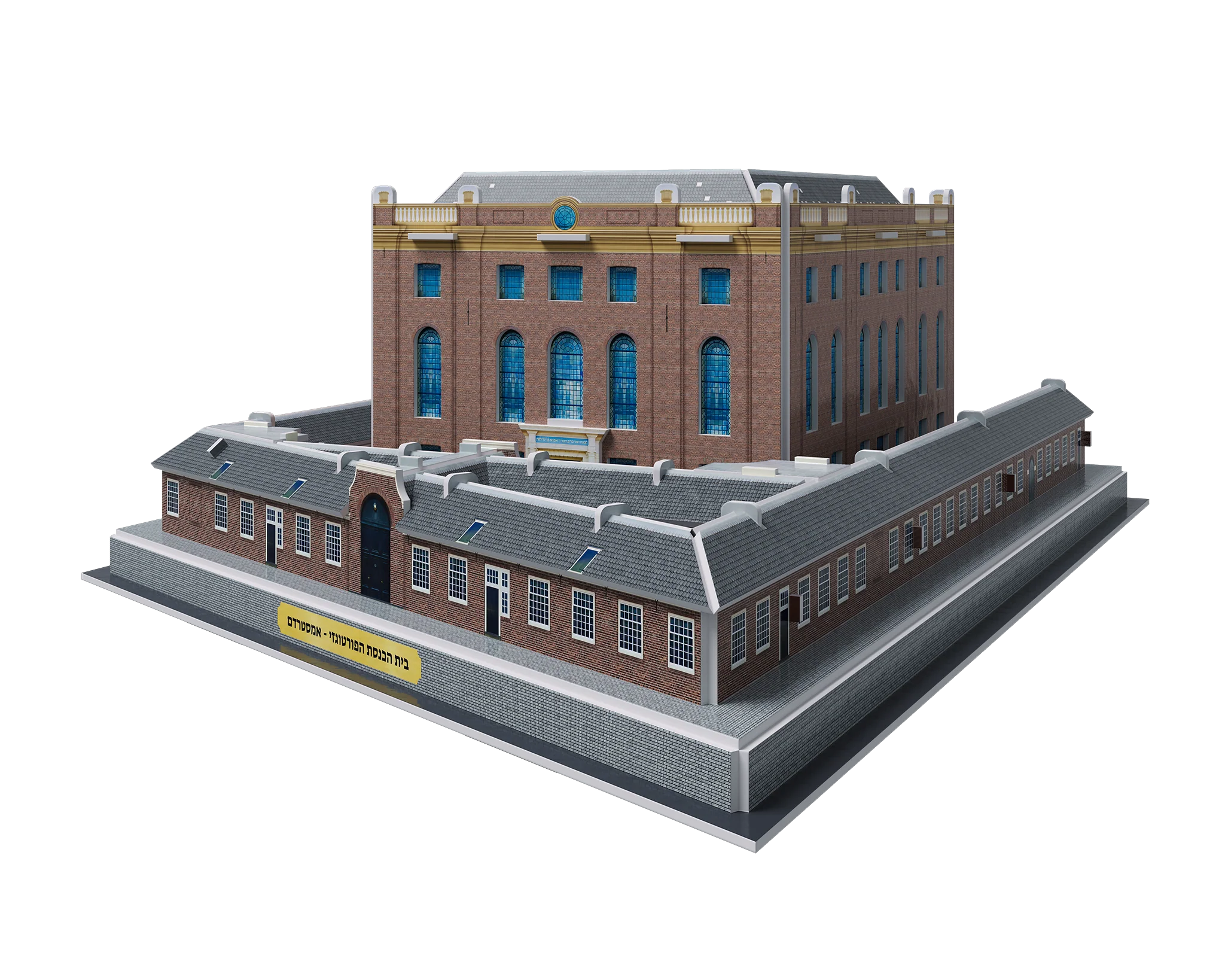
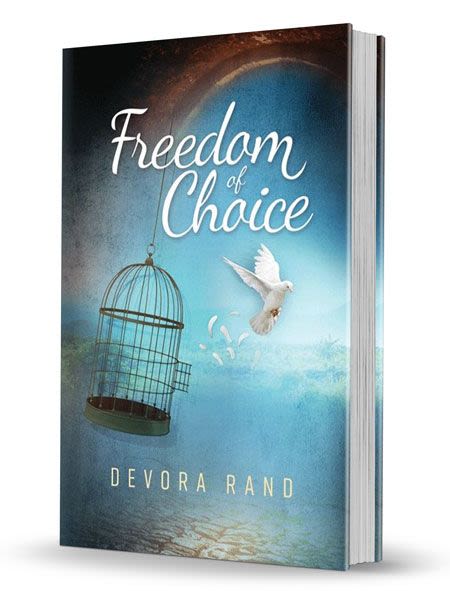
Tell us what you think!
Thank you for your comment!
It will be published after approval by the Editor.